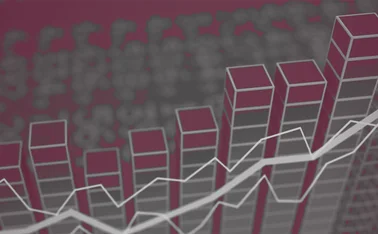
Fiscal upside, economic downside to EU deficit procedure – study
Fiscal consolidation sometimes led to restrictive pro-cyclical stances, research finds

The EU’s excessive deficit procedure (EDP) improved the fiscal stance of member states in the years leading up to the pandemic, according to a study by the Croatian National Bank but sometimes led to excessive fiscal tightening.
The paper finds that, over 10 quarters, being in the EDP improved a country’s cyclically adjusted primary balance (CAPB) by 1.69 percentage points on average.
The authors, Frane Banić and Ivan Žilić, say that between 2005 and 2019, EU members did not usually implement
Only users who have a paid subscription or are part of a corporate subscription are able to print or copy content.
To access these options, along with all other subscription benefits, please contact info@centralbanking.com or view our subscription options here: http://subscriptions.centralbanking.com/subscribe
You are currently unable to print this content. Please contact info@centralbanking.com to find out more.
You are currently unable to copy this content. Please contact info@centralbanking.com to find out more.
Copyright Infopro Digital Limited. All rights reserved.
As outlined in our terms and conditions, https://www.infopro-digital.com/terms-and-conditions/subscriptions/ (point 2.4), printing is limited to a single copy.
If you would like to purchase additional rights please email info@centralbanking.com
Copyright Infopro Digital Limited. All rights reserved.
You may share this content using our article tools. As outlined in our terms and conditions, https://www.infopro-digital.com/terms-and-conditions/subscriptions/ (clause 2.4), an Authorised User may only make one copy of the materials for their own personal use. You must also comply with the restrictions in clause 2.5.
If you would like to purchase additional rights please email info@centralbanking.com







